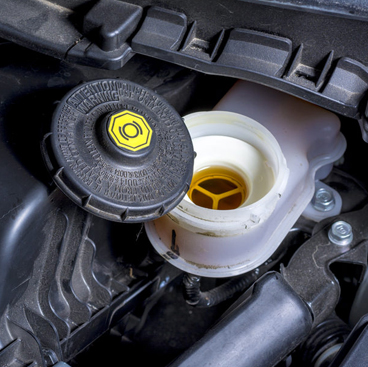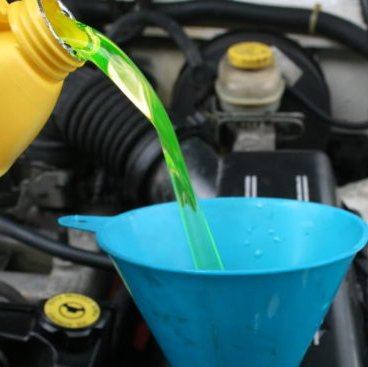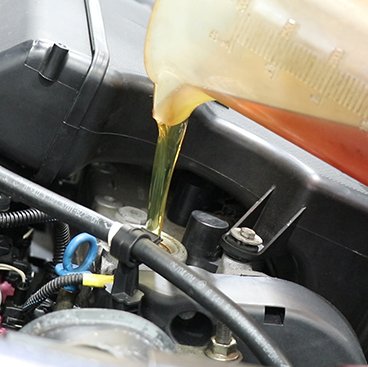Tyre Pressure Checks for Vehicle Efficiency and Safety

Regularly checking your vehicle’s tyre pressures is a vital aspect of car maintenance that many vehicle owners tend to overlook. Regardless of the type of vehicle you drive or the specific tyres you use, the efficiency and safety of your vehicle are significantly impacted by the correct inflation of your tyres. We strongly recommend incorporating a monthly tyre pressure check into your routine.
Improving Vehicle Efficiency:
When your vehicle’s tyres are under-inflated, they experience higher rolling resistance. This means that it requires more energy or fuel to set them in motion. An under-inflated tyre can reduce your vehicle’s fuel efficiency by up to 4%. To put it in perspective, this decrease is akin to adding an extra 8 cents per liter to your fuel costs. Over time, this seemingly small inefficiency can add up, resulting in unnecessary fuel expenses.
Enhancing Vehicle Safety:
The handling of your vehicle is significantly compromised when your tyres are under-inflated. This lack of proper inflation can lead to poor cornering and braking performance, which is especially critical in wet or adverse weather conditions. Adequate tyre pressure ensures that your tyres can maintain the necessary grip and traction on the road, contributing to safer driving experiences.
Extending Tire Lifespan:
Under-inflated tyres are prone to wear and tear, particularly on the outer edges of the tyre and the tyre tread. This uneven wear pattern can significantly reduce the lifespan of your tyres. On the other hand, maintaining the appropriate tyre pressures not only provides better handling and fuel efficiency but also extends the life of your tyres. This means fewer trips to the tyre shop and more cost-effective driving in the long run.
Incorporating a routine tyre pressure check into your monthly maintenance schedule is a simple yet highly effective way to maximize your vehicle’s efficiency, safety, and the longevity of your tyres. It’s a small investment in time and effort that yields significant returns in terms of both cost savings and on-road security. So, don’t neglect the health of your tyres – they play a crucial role in your vehicle’s overall performance and your safety on the road.








